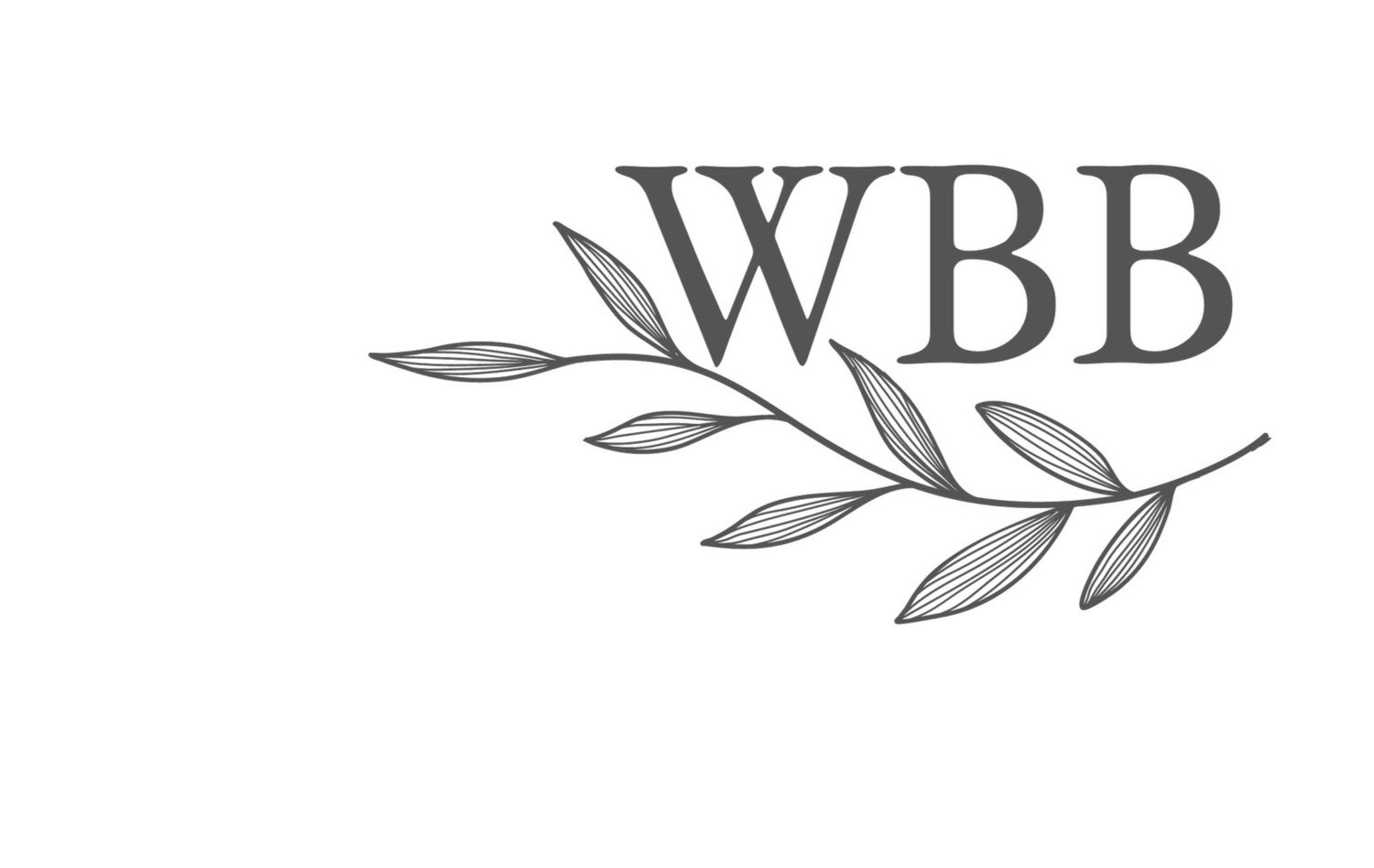Staying cool and well-hydrated becomes crucial during the warm summer months - especially as we age! I'm excited to share some unique and delicious ways to maintain your hydration and enjoyment this season.
Lisa’s Watermelon Gazpacho
COLD SOUPS TO NOURISH (AND HYDRATE) YOU: While we often reach for a glass of water to stay hydrated, there's a delightful alternative that many overlook—hydrating with meals! Cold soups, especially those prepared with the right ingredients, can provide a significant boost in your daily water intake. My recipes for my Watermelon and Whole Body Gazpachos and Chilled Cucumber Soup (Get them below!) are not just refreshing; they're crafted to enhance hydration through their high water-content ingredients. They are also low in calories yet super rich in nutrients and this naturally supports your overall health!
STAYING HYDRATED WITH HIGH-WATER-CONTENT FOODS: Our bodies get thirstier as we get older and as the temperature changes so to further enhance your hydration, and to provide tasty snack options, include these naturally water-rich foods in your meals and snack times:
RECOGNIZING SIGNS OF DEHYDRATION: Our bodies may not signal thirst as efficiently as we age, making it crucial to stay ahead of the game and also to be aware of dehydration signs.
Signs of Dehydration:
THIRST: If you’re feeling thirsty, it's already a late indicator.
DRY MOUTH AND SKIN: These are early warnings.
DARK YELLOW URINE: Aim for pale straw-colored urine.
DIZZINESS AND LIGHTHEADEDNESS: These could be serious signs needing immediate attention.
FATIGUE: This can be an overlooked sign of needing more fluids.
DIZZINESS OR LIGHTHEADEDNESS: These could be serious signs needing immediate attention.
LESS FREQUENT URINATION: A significant decrease can indicate your body is conserving water.
HEADACHE: Often a direct result of insufficient hydration.
CONFUSION OR DIFFICULTY CONCENTRATING: This could be a critical sign that your body needs water.
Steps to Rehydrate:
DRINK WATER: Regularly sip water throughout the day; aim for at least eight 8-ounce glasses, adjusting for activity level and temperature.
ELECTROLYTE SOLUTIONS: Consider healthy sports drinks or oral rehydration solutions to replenish lost electrolytes, especially after heavy sweating.
EAT HYDRATING FOODS: Include fruits and vegetables high in water content, such as cucumbers, watermelon, and oranges.
AVOID ALCOHOL AND CAFFEINE: These substances can exacerbate dehydration. Opt for water or herbal teas instead
STAY COOL: Seek shade or stay in air-conditioned areas to minimize sweating and water loss.
MONITOR YOUR URINE: Light-colored urine is a good indicator of adequate hydration.
SET REMINDERS: Use alarms or apps to remind you to take water breaks.
LISTEN TO YOUR BODY: Pay close attention to any signs of dehydration and act promptly.
HYDRATION: ESSENTIAL FOR YOUR WELL-BEING:
Hydration isn't just about quenching thirst; it's a critical component of your health. Your body is made up of approximately 60% water, which is vital for all your bodily functions. From facilitating brain function to supporting organ health and maintaining skin vitality, water is indispensable.
Often, when clients mention “feeling their age”, the first thing I evaluate is their actual intake of water and hydrating foods. In many cases, addressing hydration can significantly alleviate these feelings. Remember, maintaining proper hydration is fundamental, not just to combat the heat but as a cornerstone of overall health.


